Responding to practical requirements
At the scientific workshop "Solutions to implement Resolution 57-NQ/TW dated December 22, 2024 of the Politburo on breakthroughs in science and technology development, innovation and national digital transformation in provinces and cities in the Mekong Delta", Dr. Le Van Dien, Deputy Head of the Standing Committee, Propaganda and Mass Mobilization Committee of Can Tho City Party Committee, emphasized: The Mekong Delta has favorable natural conditions for the development of agriculture, aquaculture and ecotourism. However, the Mekong Delta has been and is facing many multi-dimensional pressures in development such as: climate change; infrastructure, especially transport infrastructure and digital infrastructure, is still not synchronized; quality of human resources is still limited; The transition to digital economy, smart cities or circular economy is still slow... Therefore, the implementation of Resolution No. 57-NQ/TW has become an urgent and vital requirement, helping the Mekong Delta overcome the risk of falling behind, rise up to become a model of technology application and innovation, towards fast and sustainable development.
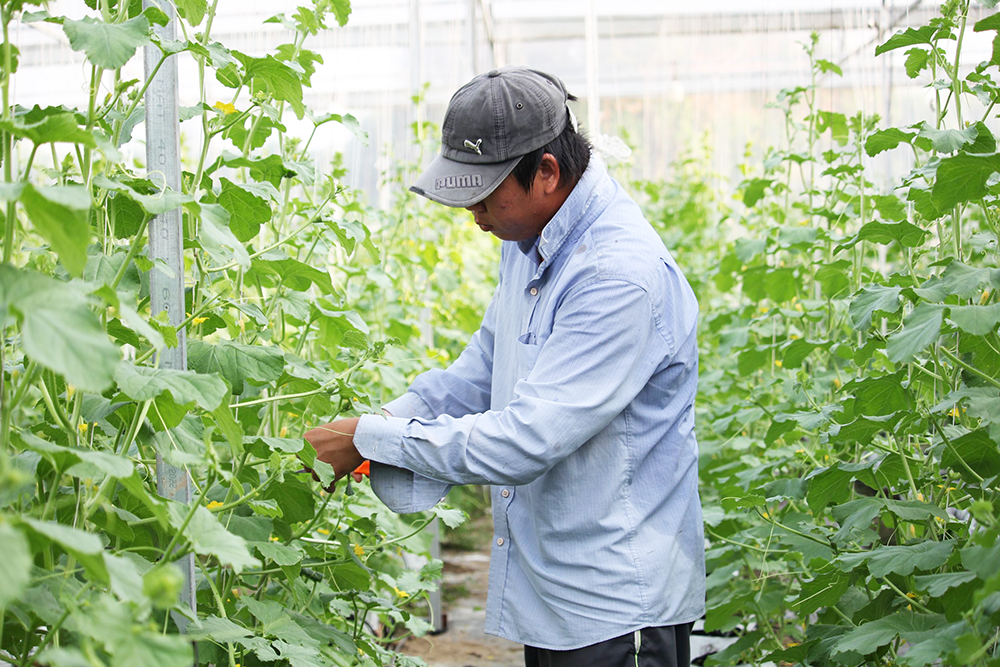
Growing melons using high technology in Can Tho city.
According to Dr. Hoang Thi Thanh, Ho Chi Minh City Academy of Officials, Resolution No. 57-NQ/TW was issued to promote the application of high technology, digital transformation, improve competitiveness and move towards a green, modern and sustainable agriculture. Thereby creating momentum to improve productivity, quality, added value of agricultural products, protect environmental resources and sustainable development. The application of digital technology in the production and distribution of agricultural products not only brings economic benefits but also contributes to protecting the environment and improving the quality of life of farmers; at the same time, contributing to improving the quality of agricultural products, creating competitiveness. This is also an opportunity for Vietnam in general and the Mekong Delta in particular to change the small-scale, inefficient and unconnected production model to a transparent data and information agriculture, helping Vietnamese agriculture to reach out and affirm its position both domestically and internationally.
According to Ms. Nguyen Thi Thuong Linh, Deputy Director of the Vietnam Chamber of Commerce and Industry, Mekong Delta branch, the Mekong Delta is a dynamic economic region with strengths in agriculture and great potential for development but is facing many challenges. In particular, the disruption and fragmentation in the connection and cooperation between economic entities, between the public and private sectors need to be paid attention to. This is not only a solution to effectively implement Resolution No. 57-NQ/TW but also the key to creating a regional innovation ecosystem, improving competitiveness through cooperation, transforming the growth model to a green - sustainable - inclusive direction, which is the basis for realizing the goals set by the Party and the Government in the new era.
The "key" to help the Mekong Delta overcome challenges
According to experts, applying breakthrough solutions in science and technology, innovation and digital transformation in the spirit of Resolution 57-NQ/TW will be the "key" to help the Mekong Delta overcome challenges, keep up with trends and make breakthroughs in the new context.
Dr. Le Van Dien emphasized: “The process of implementing Resolution No. 57-NQ/TW in the Mekong Delta requires specific, synchronous solutions that are suitable to the characteristics of the region. It is impossible to mechanically apply models from other countries or regions, but requires research, reference and creative, flexible and effective application; it is necessary to have in-depth research and assessment of the current situation, potential, advantages as well as difficulties and obstacles of each locality in the region in the process of implementing the resolution”.
Accordingly, Dr. Le Van Dien proposed synchronous and feasible solutions related to improving the quality of digital human resources; perfecting policy mechanisms, encouraging enterprises to invest in innovation; piloting and replicating smart agriculture models, smart cities, and community digital technology teams; promoting the "State - school - business" linkage; expanding international cooperation, learning from experiences from countries with advanced science and technology such as the US, Australia, China, Japan, Korea, etc.; focusing on preserving cultural identity, ensuring social equity in the process of industrialization.
To achieve comprehensive digital transformation of the agricultural sector in the Mekong Delta, it is necessary to focus on three main factors: digital agriculture, digital farmers and smart rural areas. According to Dr. Hoang Thi Thanh, Resolution No. 57-NQ/TW creates momentum and strength for farmers and businesses in the Mekong Delta to make a breakthrough. In which, breakthroughs in science and technology, innovation and digital transformation are considered the main driving force to promote the productive forces and improve production relations. Accordingly, it is necessary to focus on implementing digital agriculture associated with increasing the application of digital technologies in production, processing, distribution processes, connecting to form a digital agricultural ecosystem, sustainable development on the basis of innovation and green growth. Thereby, promoting the potential and strengths of the locality, creating its own mark, increasing the competitiveness of agricultural products in the region.
According to Ms. Nguyen Thi Thuong Linh, based on the Law on Science, Technology and Innovation, Resolution No. 57-NQ/TW and guiding documents, the Mekong Delta provinces need to proactively develop and promulgate a Strategy for Science, Technology and Innovation Development associated with local goals such as transition to a green economy, a circular economy and high-tech agricultural development... This strategy must clearly define the roles and tasks of each entity in promoting public-private cooperation, and at the same time assign specific targets to specialized agencies every year in accordance with the goals of Resolution No. 57-NQ/TW. Implementation needs to be periodically, seriously and publicly inspected and evaluated, thereby gradually forming a synchronous, transparent and effective creative environment, ensuring consistency from policy making to practical implementation.
Article and photos: MY THANH
Source: https://baocantho.com.vn/de-nong-nghiep-dbscl-bat-nhip-va-but-pha-a192009.html








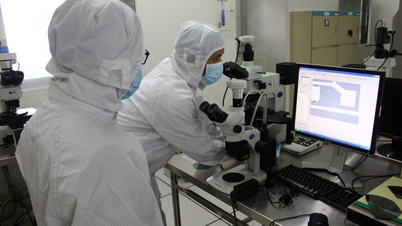

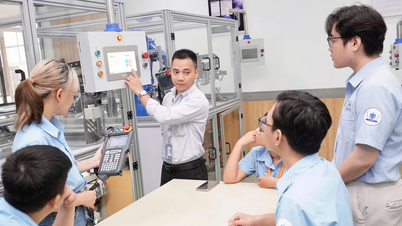

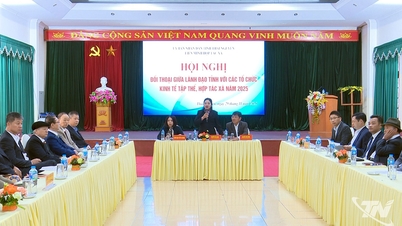

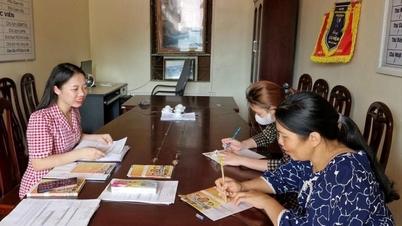

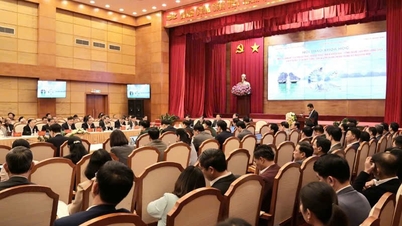


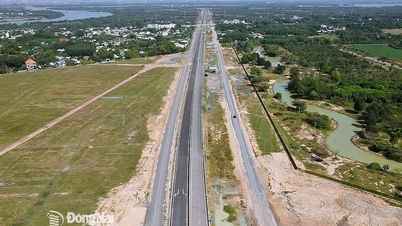



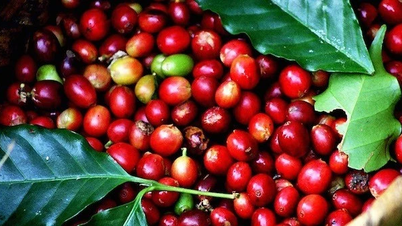

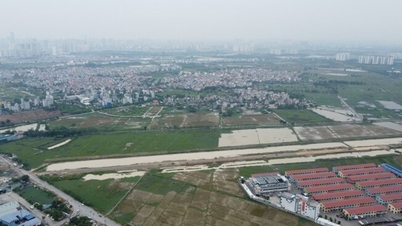
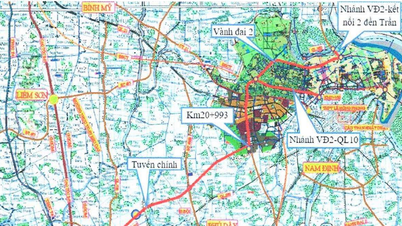





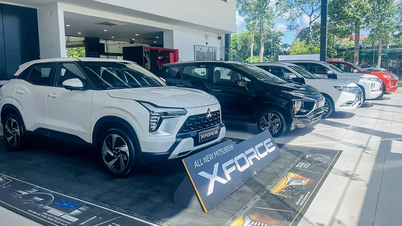


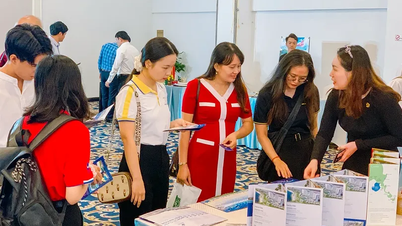
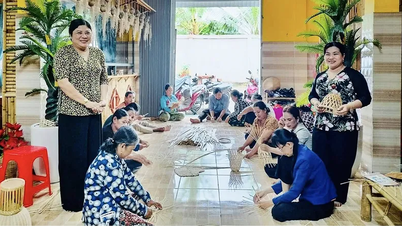
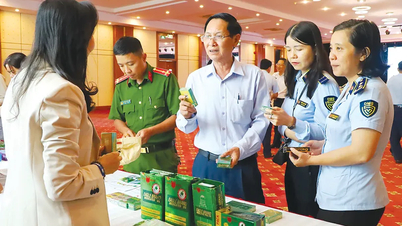



































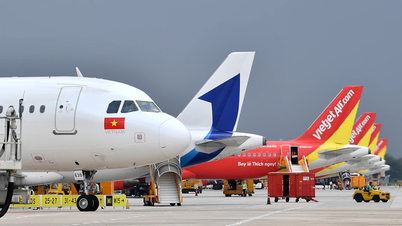
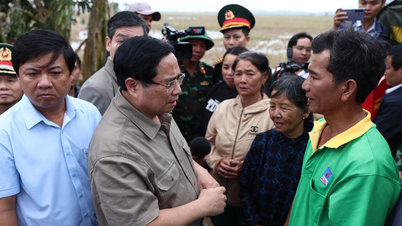

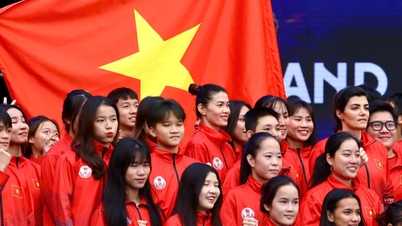


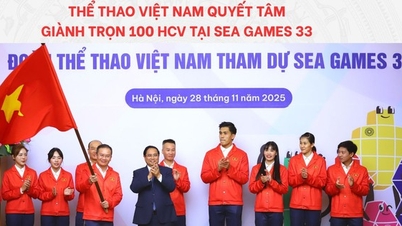


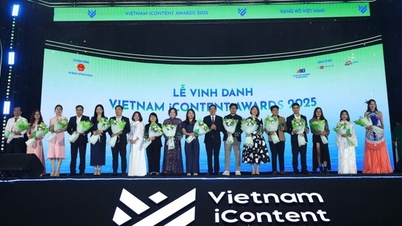
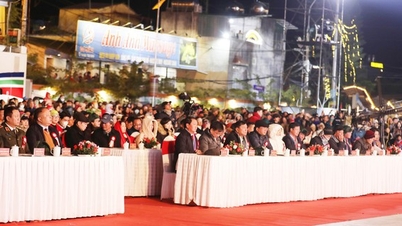
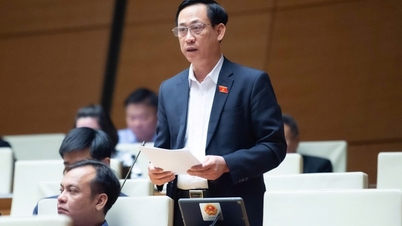
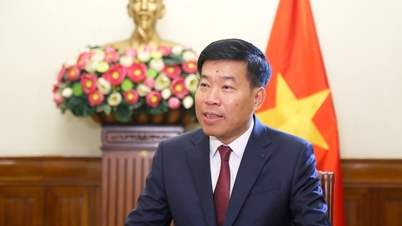



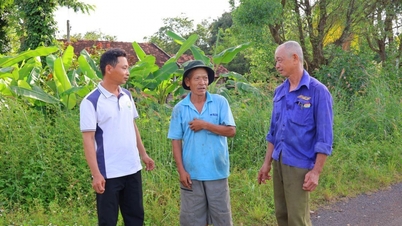

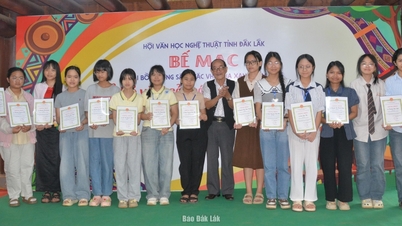
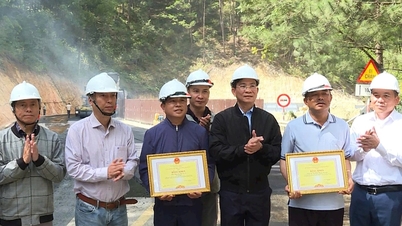
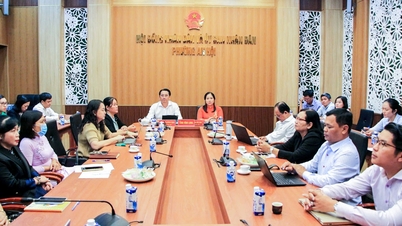

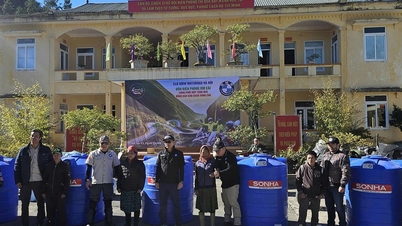










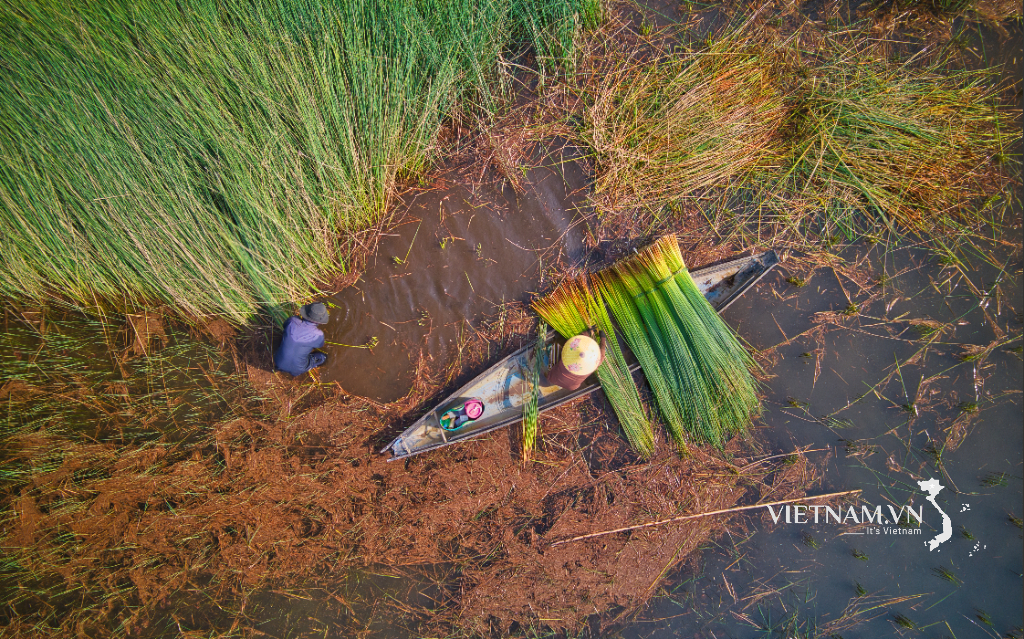

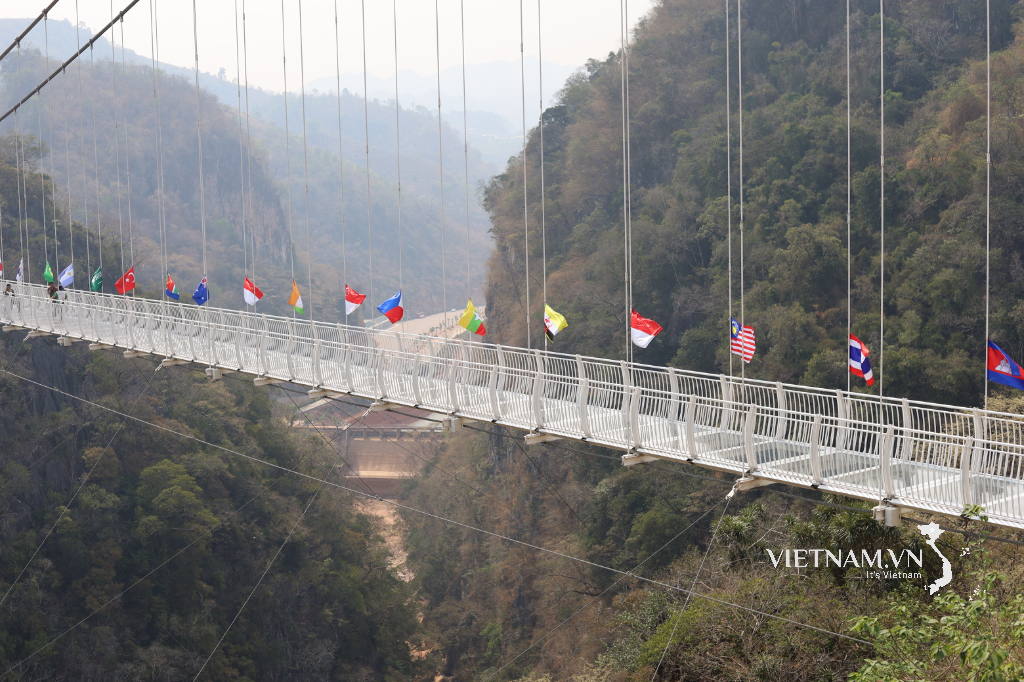

Comment (0)